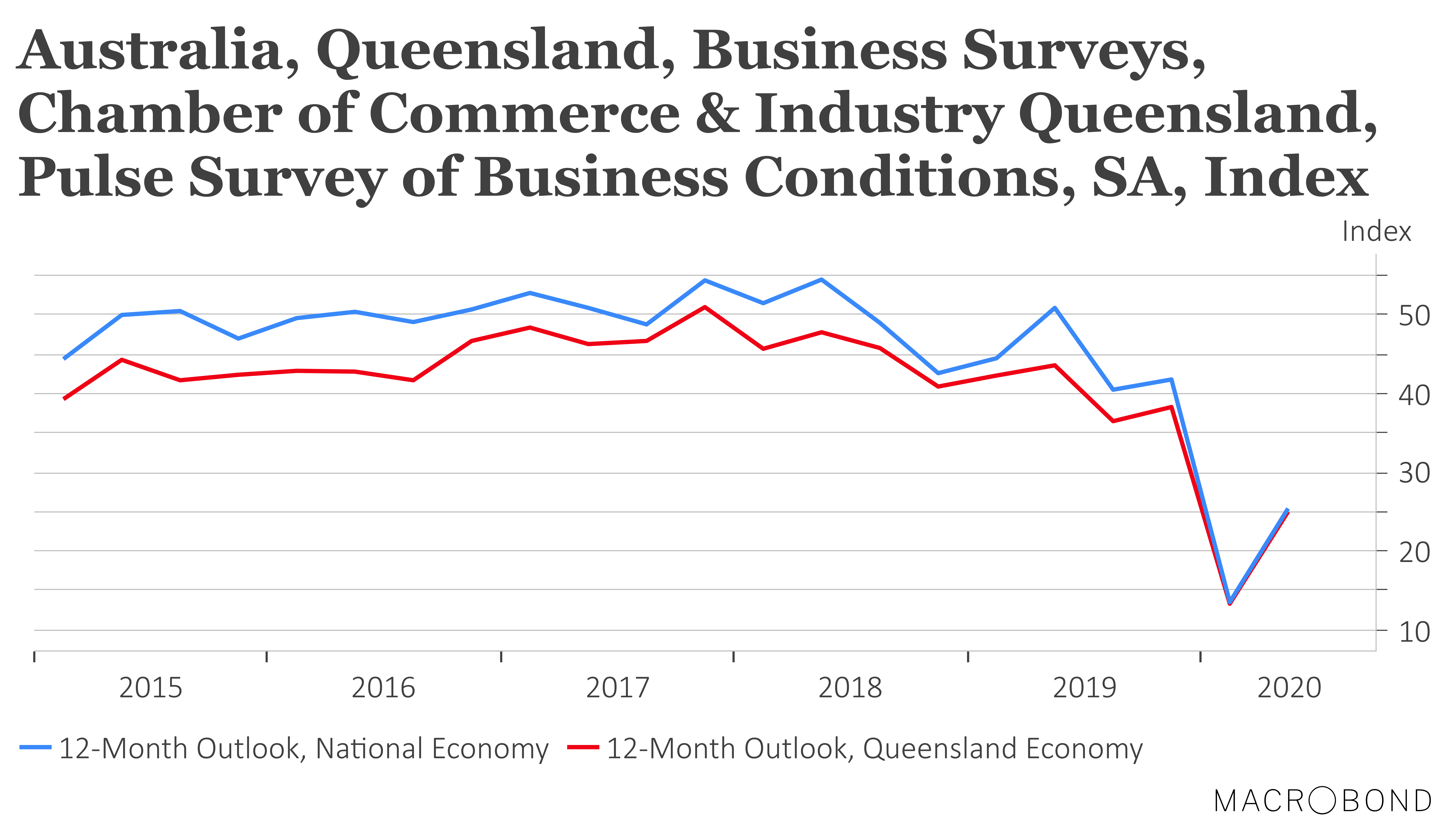Unless we get a COVID-19 vaccine soon, we’re most likely facing years of profound economic and social pain. Every day brings more news of businesses that will never re-open and jobs lost (e.g. earlier this year Arc Dining closed permanently and now the “ongoing viability” of Howard Smith Wharves is under threat, as reported Monday by the Courier-Mail). And we expect an avalanche of insolvencies as JobKeeper is reduced and eventually wound up.
Sure, restrictions have been necessary to control the spread of the virus, to flatten the curve, but, as my old friend and former Treasury colleague Joe Branigan has emphasised in our discussions (e.g. our interview in July), somewhere along the way we changed the objective from suppression, which is realistic, to elimination, which the NZ experience is now showing is unrealistic and extremely costly.
We are now re-imposing or ramping up restrictions based solely on fear and ignoring evidence and logic. The re-imposition of the hard border with NSW, which is causing a lot of pain in border communities, as well as in tourism-dependent regions across the state, is a good example of that. In the words of Currumbin Fair news agent owner, Barrie Parmenter, quoted in today’s Courier-Mail, it’s “bloody overkill.”
Former Premier Campbell Newman told Alan Jones earlier this week that, while restrictions are politically popular in the short-term, they will ultimately be unpopular as the bulk of the population realises the economic damage done (from 5:00):
Qld Chief Health Officer ‘thinks she is the Premier’: Alan Jones
Newman called for the PM to show leadership on border issues, and certainly we do need more national leadership to prevent future poor policy decisions from our state governments.
I cannot recommend the paper Joe Branigan co-authored with Henry Ergas, Getting Australia Safely Back to Work, highly enough. In July, the authors wrote (on p. 7):
In the Australian Federation the closing down of state borders is one of the most dramatic policy measures imaginable. Its economic and social costs are extremely high, and in some cases, are made even higher by the existence of towns and even cities that span state borders. While reopening will need to be sensitive to local conditions, a national set of criteria should be defined, so that the process of reopening borders that are now shut can be transparent and predictable.
The Premier has suggested the interstate border won’t re-open until there is zero community spread in southern states. So it’s possible the border won’t re-open until Christmas or later, which must be massively depressing to tourism operators and their workers. Is this strategy sensible? Is it proportionate? I doubt it. Again, I’d like to know what normative premise Dr Jeannette Young is using in developing her recommendations to the Premier.
Finally, a big shout out to the Queensland Productivity Commission for its excellent report earlier this week Building Economic Resilience in Queensland. It confirmed what I’ve been saying on this blog for a while now, that pre-COVID the Queensland economy was under-performing. It also contains some great analysis of how the Queensland economy and its regional economies have been affected by the pandemic, e.g.:
… the largest adverse employment impacts have been felt in tourism-dominated areas, with the worst affected areas being Port Douglas-Daintree, Surfers Paradise, Maroochy, Noosa and Broadbeach-Burleigh. Cairns and Brisbane’s Inner East have also been heavily affected.
With its decision to reimpose the hard interstate border, the Queensland Government has imposed more and arguably unnecessary pain on those tourism-dominated areas.
Like this:
Like Loading...







